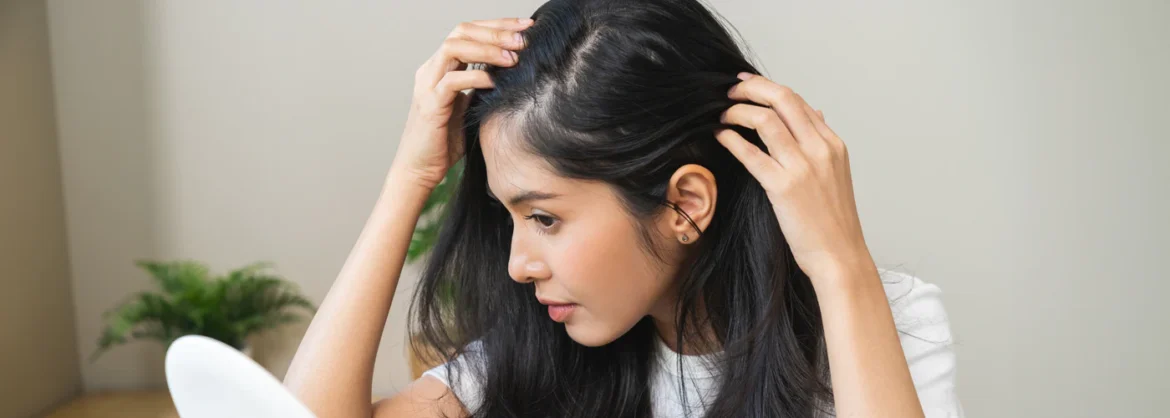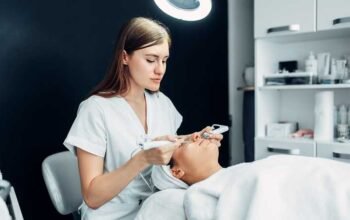Clip-in hair extensions have become a popular way to enhance the volume and length of one’s hair, offering a relatively quick and easy transformation. But as with any beauty enhancement, it’s crucial to understand the potential impacts on your health, particularly when it comes to your scalp. This article delves into whether using clip-in natural hair extensions poses a risk of scalp damage and offers guidance for maintaining both hair and scalp health.
Understanding the Impact of Clip-In Extensions on Scalp Health
When selecting clip-in extensions, many people opt for Natural Hair Clip Ins For Black Hair, seeking a seamless blend with their natural locks. These extensions are favored for their ability to match the texture and look of Afro-textured hair, offering a natural and appealing enhancement. However, despite their aesthetic benefits, it’s essential to consider their impact on scalp health. The primary concern with these extensions is the tension they can place on the scalp and hair follicles, potentially leading to issues like traction alopecia – a form of hair loss caused by constant pulling on the hair.
Recognizing the Symptoms of Traction Alopecia
Traction alopecia is a condition where sustained tension on the scalp leads to gradual hair loss, primarily around the hairline and temples. Early signs include tenderness, redness, itching, and small pimples around the hair follicles. If you notice any of these symptoms, it’s advisable to give your scalp a break from extensions and seek advice from a dermatologist or trichologist.
Choosing the Right Type of Extensions
While exploring options, you might come across Kinky Straight Hair extensions, known for their voluminous and textured appearance. These extensions can add significant weight to your natural hair, so it’s important to select lightweight varieties that minimize scalp strain. Additionally, ensuring that these extensions are applied correctly and not too tightly is crucial in preventing scalp stress.
Best Practices for Safe Extension Use
To minimize the risk of scalp damage, follow these guidelines:
Limit Extension Weight and Wear Time: Choose lighter extensions and wear them for shorter periods. Giving your scalp regular breaks helps prevent prolonged tension.
Proper Application Techniques: Ensure that the clips are securely fastened but not overly tight. Over-tightening can lead to unnecessary stress on your hair follicles.
Regular Scalp Care: Maintain a healthy scalp by regularly cleansing and moisturizing. A nourished scalp is more resilient to potential damage from extensions.
Periodic Inspections: Regularly check your scalp for any signs of stress or damage. Early detection of issues can prevent long-term problems.
Alternatives to Clip-In Extensions
For individuals wary of the potential hazards linked to clip-in extensions, there are other hair enhancement techniques worth exploring, such as sew-ins or wig applications. These alternatives provide the same opportunity for diverse styling without exerting considerable strain on the scalp, which is a common issue with clip-ins. Nevertheless, even with these alternatives, cautious application is crucial to avoid undue stress on the hair and scalp. Regular maintenance and a focus on scalp health remain key, irrespective of the chosen method. Ensuring the scalp is not neglected, through routine cleansing and moisturizing, is vital in preventing damage and promoting overall hair health, regardless of whether you’re using sew-ins, wigs, or any other type of hair extension.
Conclusion
Clip-in natural hair extensions offer an excellent way to enhance one’s look, but it’s vital to use them responsibly to avoid scalp damage. By choosing the right type of extensions, applying them correctly, and adhering to a healthy scalp care routine, you can enjoy the benefits of these beauty accessories without compromising the health of your hair and scalp. Remember, the key to enjoying any hair enhancement is to prioritize the health and well-being of your natural hair and scalp.




